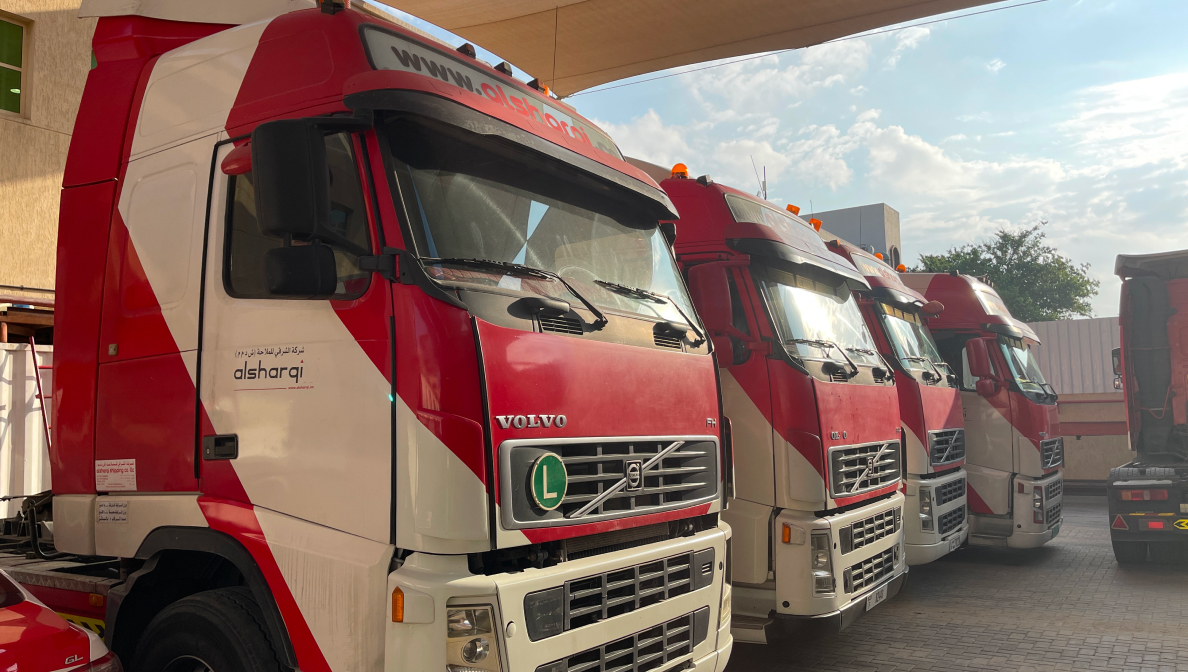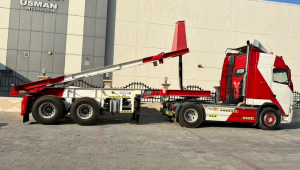Home » Services » Door to Door » IMEA » Tunisia » Local Solutions Tunisia
Local Solutions
Fostering global market integration for enterprises in Tunisia through advanced logistics solutions and expert trade support.

Transport
Whether you need more warehouse space or more flexibility in your distribution & delivery network, we have the solution.

Warehouse
Whether you need more warehouse space or more flexibility in your distribution & delivery network, we have the solution.

Trade Solutions
Whether you need more warehouse space or more flexibility in your distribution & delivery network, we have the solution.
Frequently Asked Questions (FAQ)
What types of goods require special licenses or permissions for import/export between the UAE and Tunisia?
Special licenses or permissions are required for the import/export of alcoholic beverages, tobacco products, and pharmaceuticals. These goods are heavily regulated due to their impact on health and public safety. For pharmaceuticals, compliance with health regulations is mandatory, and a license from the health ministry of the respective country is needed.
What are the standard customs duties when importing goods into Tunisia from the UAE?
Tunisia's customs duties vary widely depending on the product type. Essential goods may be taxed at lower rates or exempted to support local markets, while luxury items and non-essentials can have higher tariffs. The standard VAT rate in Tunisia is 19%, but there are reduced rates for certain essential items. Import duties are aligned with Tunisia's economic protection strategies and may range from 0% to higher rates depending on the goods' classification.
Are there any customs exemptions available for goods imported into Tunisia or the UAE?
In Tunisia, customs exemptions are often granted for specific sectors such as agriculture and manufacturing to encourage local production. These exemptions are also available under various international trade agreements. In the UAE, customs exemptions are typically offered for goods imported into free zones or for re-export, as well as for strategic industries such as renewable energy and aerospace under specific conditions.
What are the estimated transit times for shipping goods by sea and air between the UAE and Tunisia?
By sea, transit times between the UAE and Tunisia typically range from 10 to 14 days, depending on the shipping line and exact route. By air, goods can be transported much faster, with transit times usually between 4 to 6 hours for direct flights from major airports like Dubai to Tunis.
Which payment methods are most secure and commonly used in trade transactions between the UAE and Tunisia?
The most secure and commonly used payment methods in trade transactions between the UAE and Tunisia include Letters of Credit (LCs), which offer a high level of security for both parties as the banks guarantee payment. Other common methods are bank transfers and documentary collections. These methods are favored for their reliability and the security they provide in international trade, ensuring that both exporters and importers meet their contractual obligations.
Related Articles
Anything you need, We’re here to Help

Chat With Us
Effortlessly schedule your next shipment with us for reliable and timely delivery.

Request a Quote
Receive a personalized shipping quote that meets your specific logistic needs.









